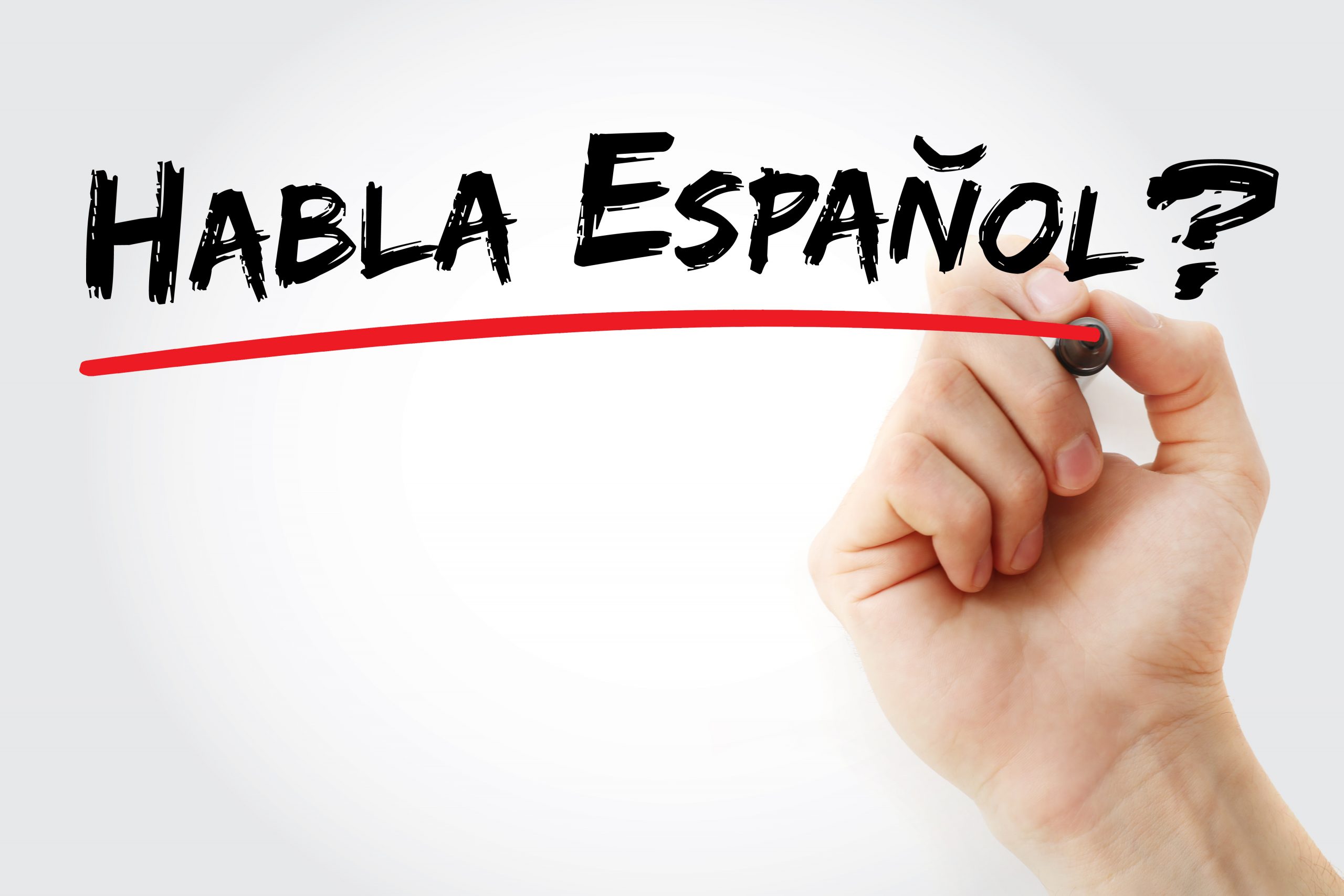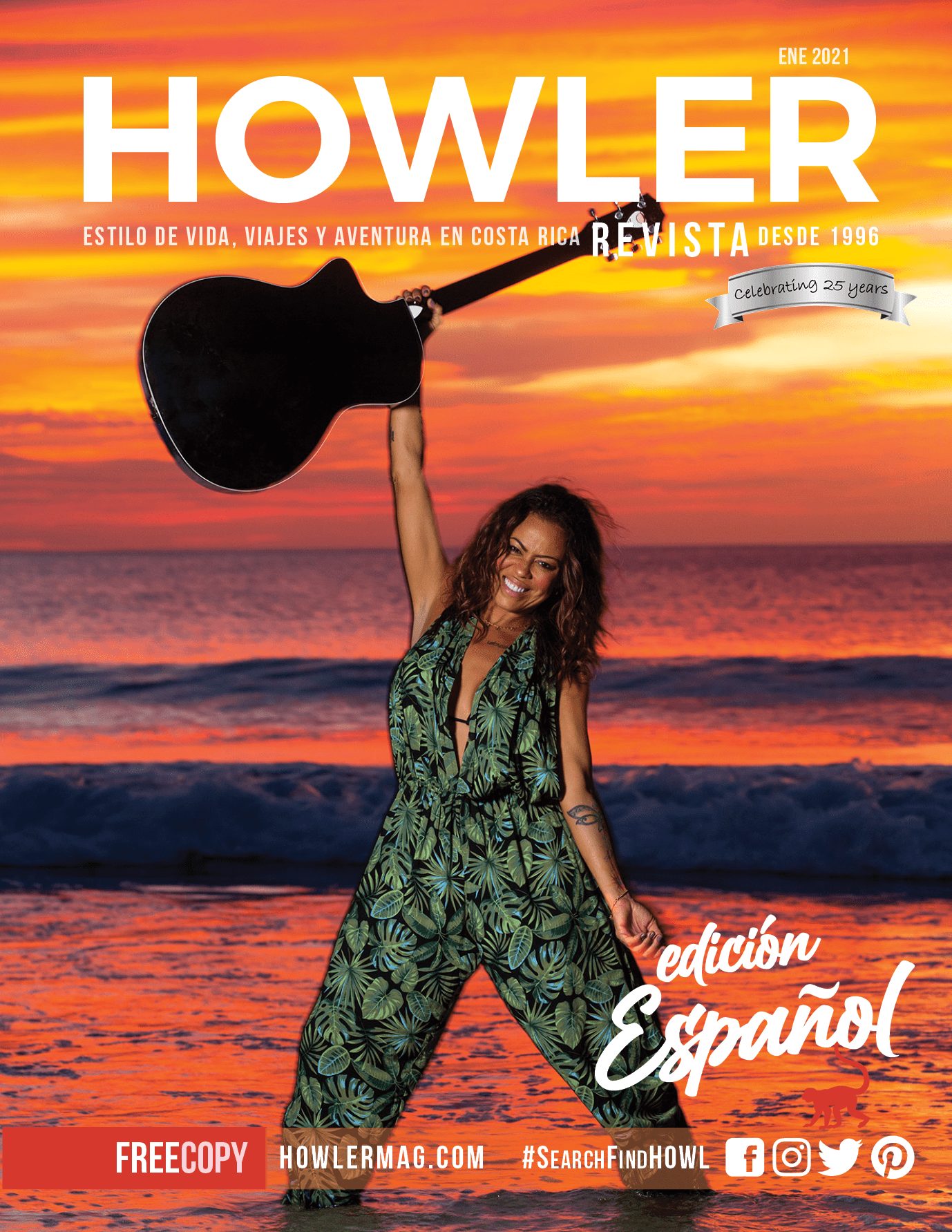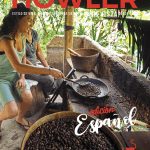
Colorful Expressions
Figures of Speech Figured Out
Learn Spanish in Costa Rica. Here are some phrases that can be useful when living in Costa Rica or traveling there.
buena nota — Literally “good note,” this usually refers to a nice person. “La vecina es buena nota” — “The neighbor is a nice lady.” Also an expression of approval or congratulations. “Ya te graduaste? ¡Qué buena nota!” — “You graduated? Well done!”
darle pelota — “to give the ball to someone,” to pay attention to someone, usually used in the negative. “Te traté de advertir, pero no me diste pelota” — “I tried to warn you, but you didn’t listen.”
hablar hasta por los codos — “to talk even from the elbows,” to talk and talk and talk
hablar paja — “to talk straw,” meaning to say a bunch of BS, or to speak of matters of little importance, or to kill time talking
hacerse el chancho, hacerse el maje, hacerse el ruso — “to make yourself a pig,” “to make yourself a dummy,” “to make yourself a Russian,” all meaning to play dumb, to act like you don’t know what’s going on
jalar las orejas — “to pull the ears,” to punish someone
llorar a moco tendido — “to cry until the snot comes out,” to cry a lot
manos en la masa — “hands in the dough,” caught red-handed, caught in the act
mita y mita — “half and half,” divided in two, as a bill at a restaurant. “Paguemos mita y mita” — “Let’s split the bill.”
moros en la costa — “Moors on the coast,” people nearby who can overhear a private conversation
ni lerdo ni perezoso — “neither slow nor lazy,” meaning fast
ni un cinco — “not even a nickel.” “Esa muchacha sale de fiesta con los compañeros y no anda ni un cinco” — “That girl goes out partying with her friends and she doesn’t have a nickel on her.”
¡Ojo! — “Eye!” Be careful, watch out.
pelo de gato — “hair of the cat,” meaning drizzle or light rain
pura bulla — “pure noise,” just rumors, nothing reliable
¡Seás tonto! — Literally “Be dumb,” this expression drops the understood “No” in front and actually means “Don’t be dumb.”
sudar la gota gorda — “to sweat the big, fat drop,” meaning to work hard
te conozco, mosco — “I know you, mosquito,” meaning “I know you really well, I know what you’re thinking.”
tener la camiseta puesta — “to have your T-shirt on,” to work hard. Ayer perezeó todo el día, pero hoy llegó con la camiseta puesta — “He slacked off all day yesterday, but today he showed up ready to work.”
tirar la toalla — “to throw in the towel,” to give up
tras de cuernos, palos — “behind horns, sticks,” meaning bad luck on top of bad luck.
¿Va llorar? — “Are you going to cry?” This means “Don’t be a crybaby,” “Don’t complain so much.”
See this article in the magazine
Open in full screen and unmute the video.
Discover the NEW Audiovisual magazine! (unmute)
Enjoy the audiovisual story!
Click to see our Spanish quarterly magazines!



